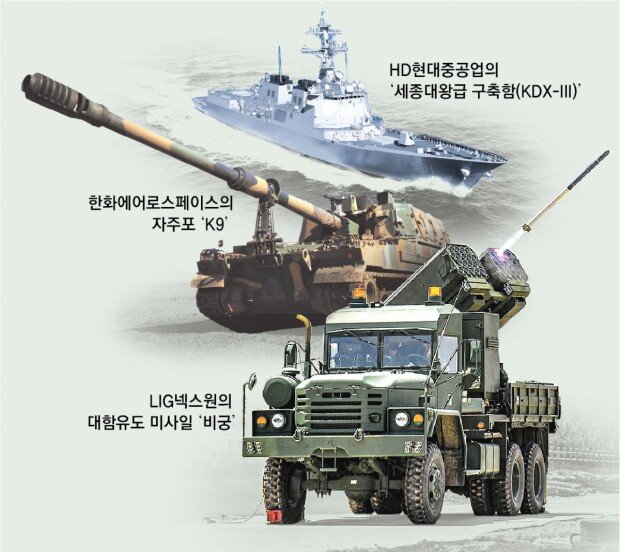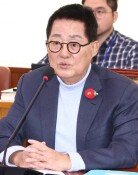Trump's win could present opportunities for S. Korean defense firms
Trump's win could present opportunities for S. Korean defense firms
Posted November. 12, 2024 08:14,
Updated November. 12, 2024 08:14

The next administration of the U.S. is expected to give momentum to the “modernization of the U.S. military” policy. Analysts predict Donald Trump’s presidency win could create significant opportunities for South Korean defense companies to expand their exports to the U.S. market. Trump’s push for increased defense spending by NATO and other allies could also drive higher demand for South Korean defense products.
However, the incumbent Joe Biden administration has labeled Saudi Arabia and the United Arab Emirates as human rights violators, restricting arms exports to these nations. Trump is expected to ease these controls once he takes office, which could intensify competition between South Korean and U.S. defense industries in the Middle Eastern market. Defense experts advise that South Korea should strengthen “defense cooperation” with the U.S. while adopting a “Made in NATO” strategy in Europe to seize emerging opportunities.
U.S. President-elect Trump has made the “rebuilding of a weakened U.S. military” a cornerstone of his defense policy. In his campaign agenda last July (Agenda 47), he declared, “The U.S. arsenal is empty,” and promised to prioritize American interests by making record investments in the military. For South Korean defense firms, known for their cost-effectiveness and timely delivery, this presents a significant opportunity to penetrate the U.S. defense market, valued at over 1,000 trillion won. Trump’s recent phone call with South Korean President Yoon Suk Yeol, in which he acknowledged South Korea’s shipbuilding capabilities and emphasized the need for close bilateral cooperation, further reinforces this outlook.
Trump has also criticized NATO member states for “freeloading on security,” arguing that all NATO countries should spend at least 3% of their GDP on defense, calling the current 2% standard “the theft of the century.” If Europe strengthens its independent defense posture, it could lead to increased arms purchases.
However, the European Commission has urged member states to allocate 50% of their defense procurement budgets within the European Union by 2030, signaling an intent to prioritize European-made weapons. Chae Woo-seok, president of the Korea Defense Industry Association, stressed the importance of establishing local weapon production systems in NATO countries to elevate South Korea’s defense exports to Europe, highlighting the next two to three years as a “golden time” for advancing South Korea’s defense industry.
김형민 kalssam35@donga.com







